Ensuring correct care for you gas detector, will help assist in extending the life of your gas detector. This article discusses our top 5 ways to extend the life of your gas detector.
1. Storage
Gas monitors are susceptible to varying environmental conditions in the field, and the same holds true for their storage. Gas monitors should be stored in a regulated temperature condition. Excessive temperatures, humidity, etc., will rapidly degrade the sensors inside the device and drastically reduce their lifespan.
Additionally, you should be mindful that excessive solvents or hazardous substances might destroy the sensors. These catalysts for sensor deterioration must be transferred to a separate storage location.
Storing your Gas Detector in an airtight case will limit the number of hazardous substances and contaminants your detector comes into contact with when not in use.
2. Charging
Charging is one of the main factors in extending the health and overall life of your detector. Frequent charging is needed to ensure your detector can last your entire workday but also will ensure the health of your detector’s lithium battery. As the lithium batteries within gas detectors cannot be replaced it is crucial to look after the battery it comes with!
Most gas detectors come standard with a wall power adapter to change your detector, however if you’re a technician on the go, it may be viable to invest in a car charger to charge your detector between jobs or on your way home.
3. Operational
Some gas detection devices have seen better days – particularly those that may have been for a swim in sewage! Trying to keep your detector away from hazardous environments can be tough especially within fields such as confined space, wastewater treatment, emergency services and hazmat applications - but ensuring that your personal gas detector is firmly attached to your clothing via the backclip, preferably as close to your face and breathing zone as possible, will assist with this. This helps to reduce the risk of your detector’s health decreasing rapidly from unexpected accidents like these.
4. Frequent Servicing
Conducting frequent servicing of your gas detector will ensure your detector is in top shape for usage in the field and to keep you safe in hazardous environments.
Calibration of gas detectors is required every 180 Days, to remind you they have their own internal count down.
But why is calibration important? Calibrating your gas detector ensures that it is functioning correctly and responding to toxic gases appropriately - all to keep you safe out in the field. Calibration of a gas detector involves exposing the detector to the hazardous gases it detects such as NH3 and H2S, via a docking or calibration station. Other than exposing the detector to gas, this station will also determine the overall health of the detector including sensor health and the functioning of LED and Audio components. Visual checks are also undertaken such as determining the condition of the externals of the detector. This can sometimes require replacement of back clips to ensure the detector can clip to clothing, or the replacement of sensor filter covers where the accumulation of dust and other foreign matter may be inhibiting the diffusion of gas into a detector.
5. Cleaning
Cleaning is vital for extending the life of your gas detector and for your own wellbeing, but if not done correctly it can cause more damage than good. Removing excess dirt, grime, contaminants, and hazardous substances from your detector doesn’t just make it look nice and new, but also reduces the risk of poisoning or contaminating sensors in your detector. Depending on your application, daily cleaning may also be necessary to remove any substances, bacteria or biological contaminants that may be present and harmful to your hygiene. Most manufacturers recommend using a soft damp cloth only – carefully avoiding the use of soaps, lubricants, silicones/polishes, aerosols, and cleaning solvents. It is highly recommended to take care and check the manual of your detector for specific cleaning instructions.
We hope that you have enough information to extend the life of your gas detector. A key point to remember is that you are protecting yourself in this process. If you need further information on any of the gas detection products that Queensland Calibrations provides, please don’t hesitate to contact our friendly team. They would be happy to assist you with additional product information and current stock levels.





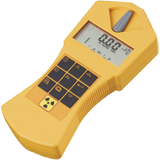
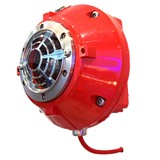

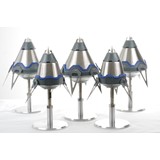
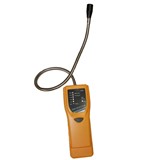
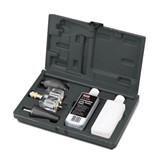
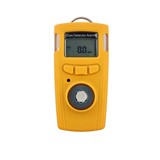

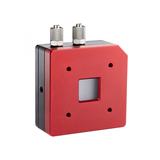
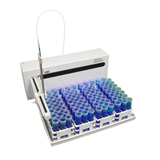




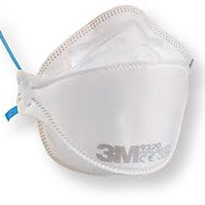

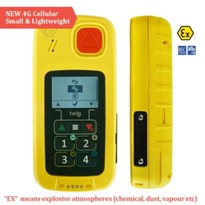
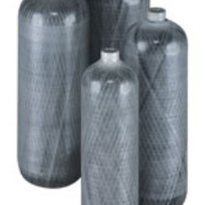
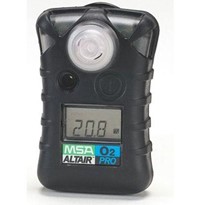
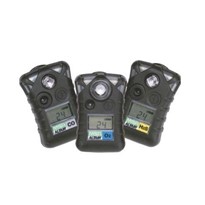
-205x205.jpg)